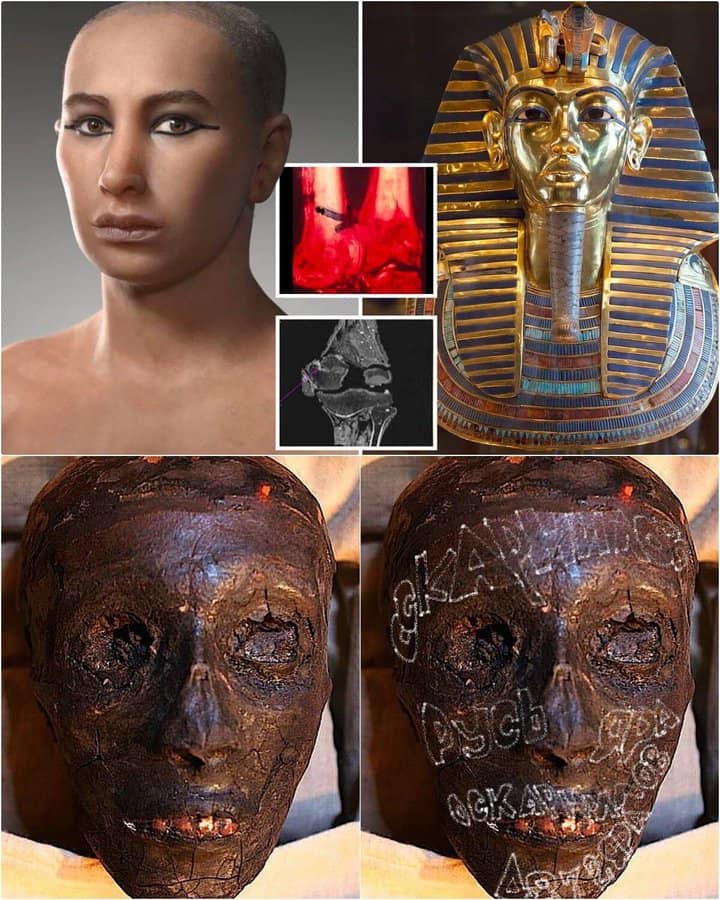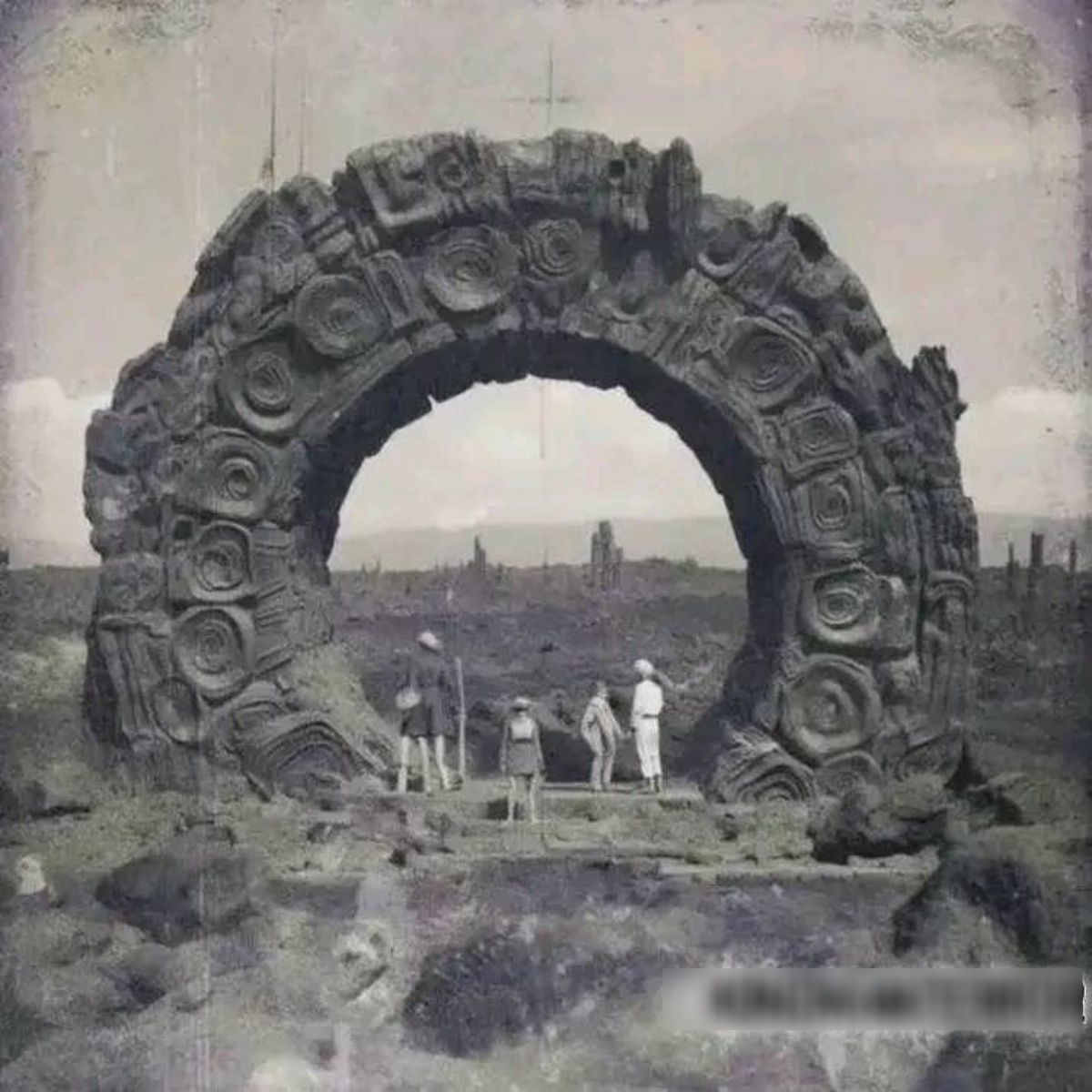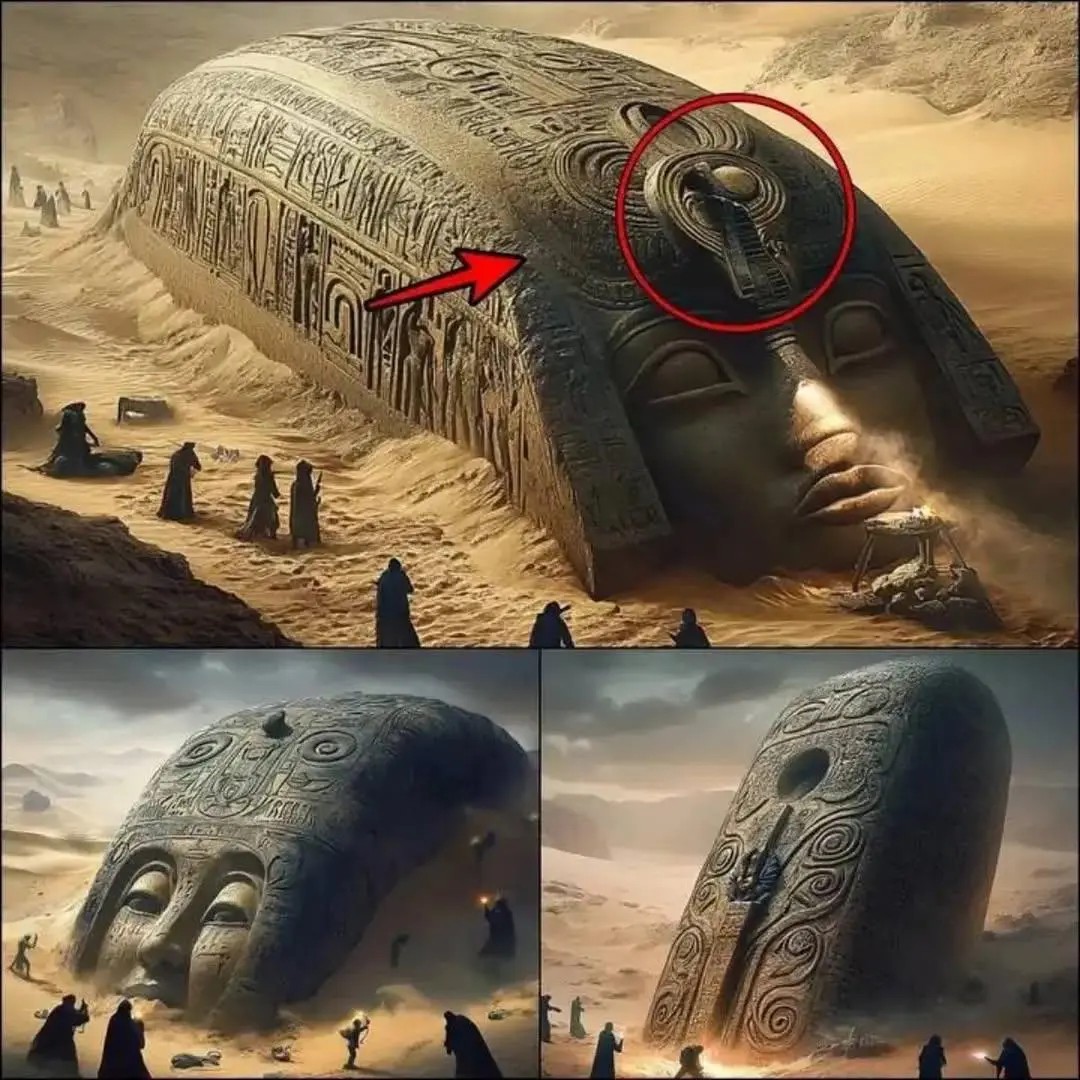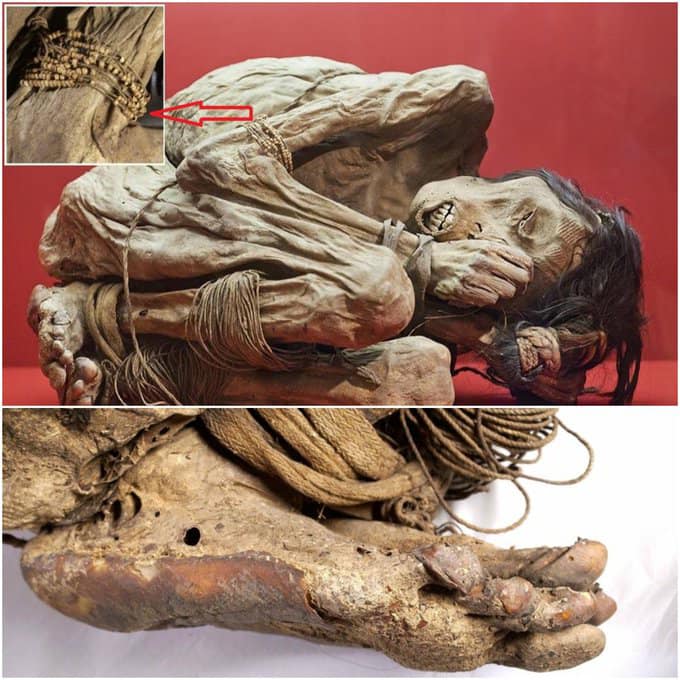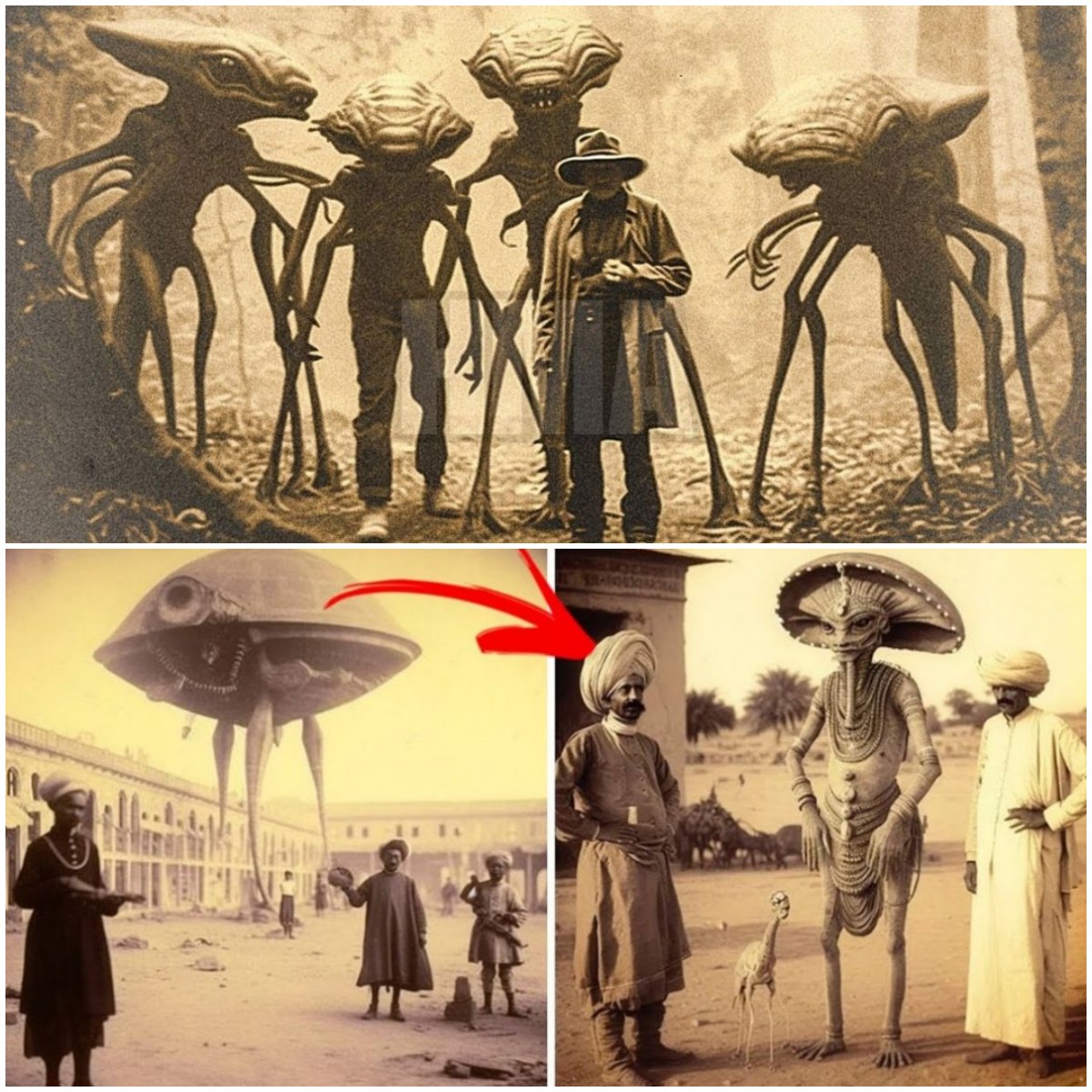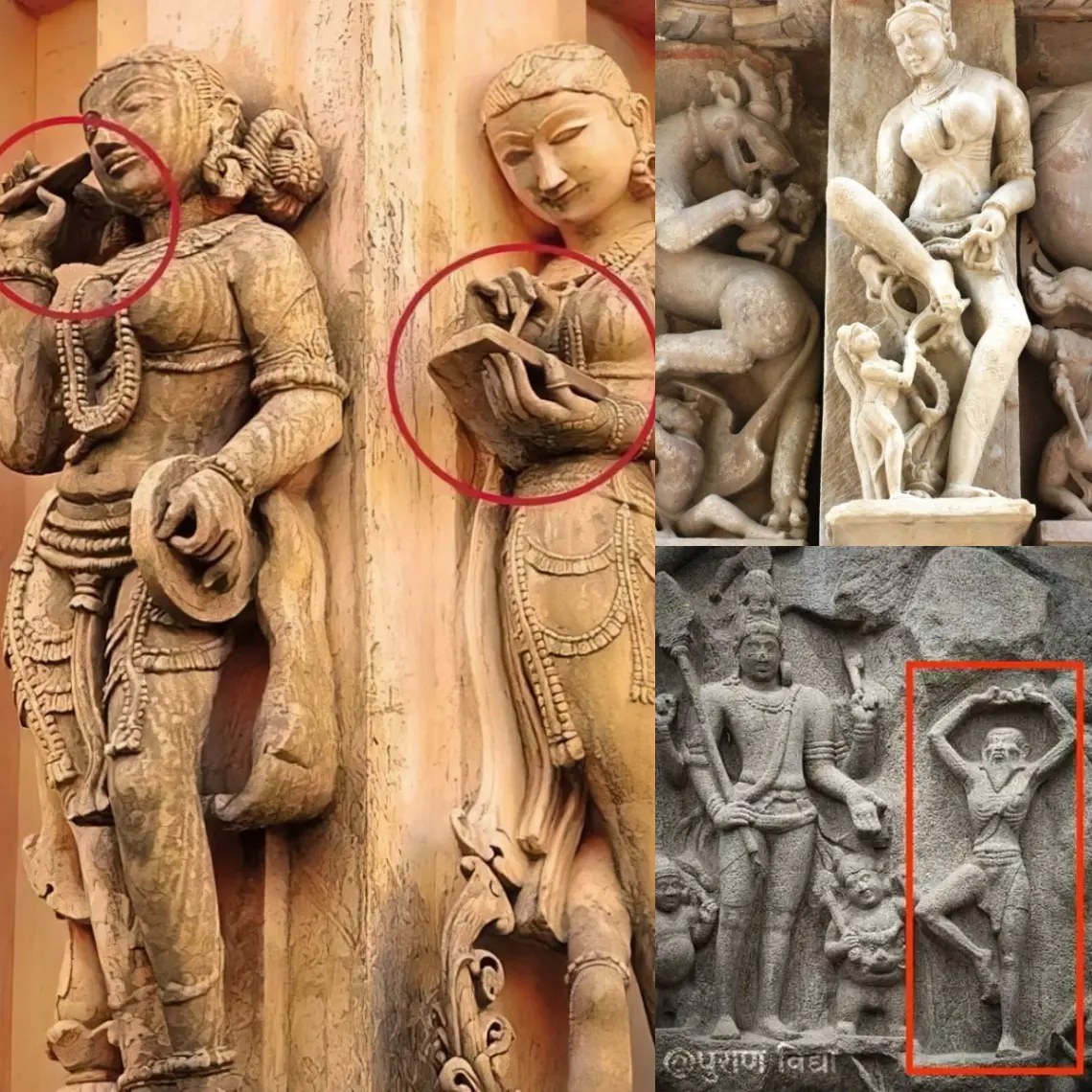The myth of Echo and Narcissus explores the boundaries between love and obsession and warns that obsessive self-love comes with consequences
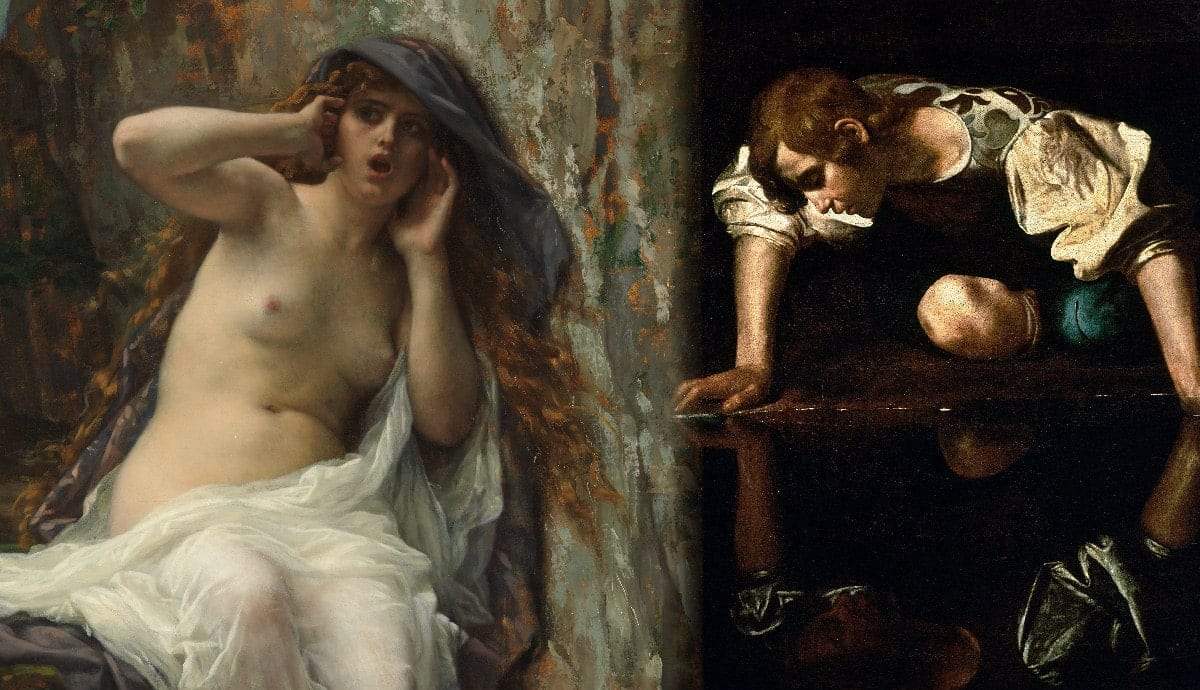
What are the limits of love? How far can it go? These questions lie in the very center of the myth of Echo and Narcissus. In this story, both protagonists discovered that love can become unbearable if not returned. While Echo fell in love with Narcissus, Narcissus fell in love with himself. Love turned into obsession and obsession into existential despair. Echo and Narcissus’ myth is a good reminder that there is a difference between healthy self-love and obsessive narcissism.
This article will explore the myth of Echo and Narcissus as presented in Ovid’s third book of Metamorphoses. After a presentation of the myth, we will examine some alternative versions.
Echo And Narcissus: The Story
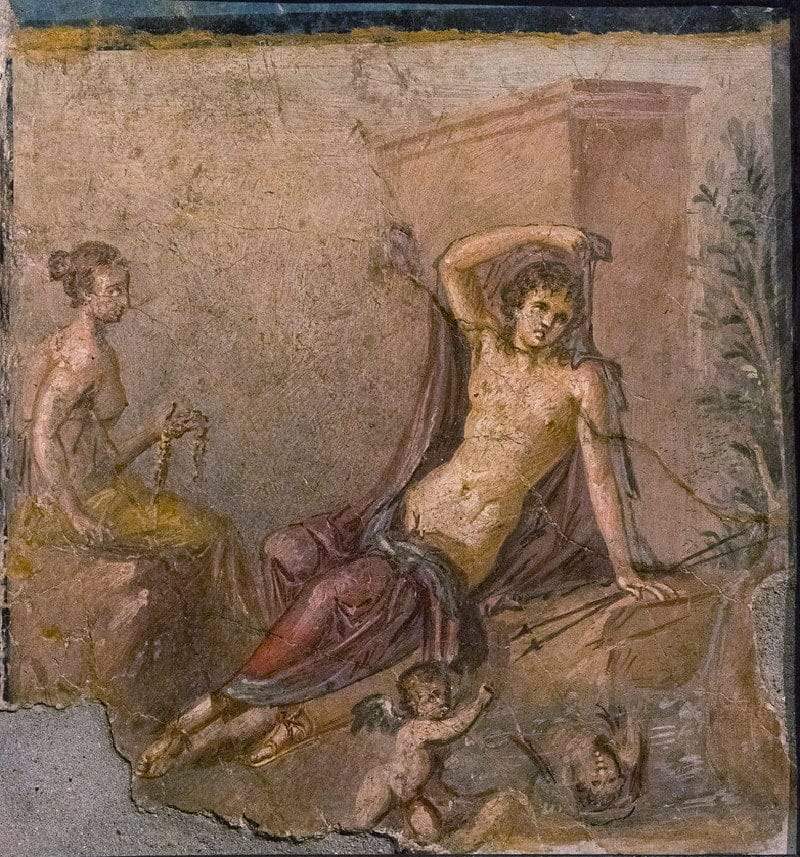
When Liriope asked Tiresias, the powerful oracle, if her newborn baby would live a long and happy life, she received the following answer:
“If he but fail to recognize himself, a long life he may have, beneath the sun.”
“So frivolous the prophet’s words appeared,” comments Ovid, but they weren’t. Narcissus’ myth is, as you probably expect, a story about narcissism at its most extreme. However, Narcissus is not the only protagonist of the story. Echo plays an important part too. Echo and Narcissus’ story is a tale about the power of love, a kind of love so powerful that it can turn into an obsession. This obsessive love is the essence of Echo and Narcissus’ myth.
Get the latest articles delivered to your inbox
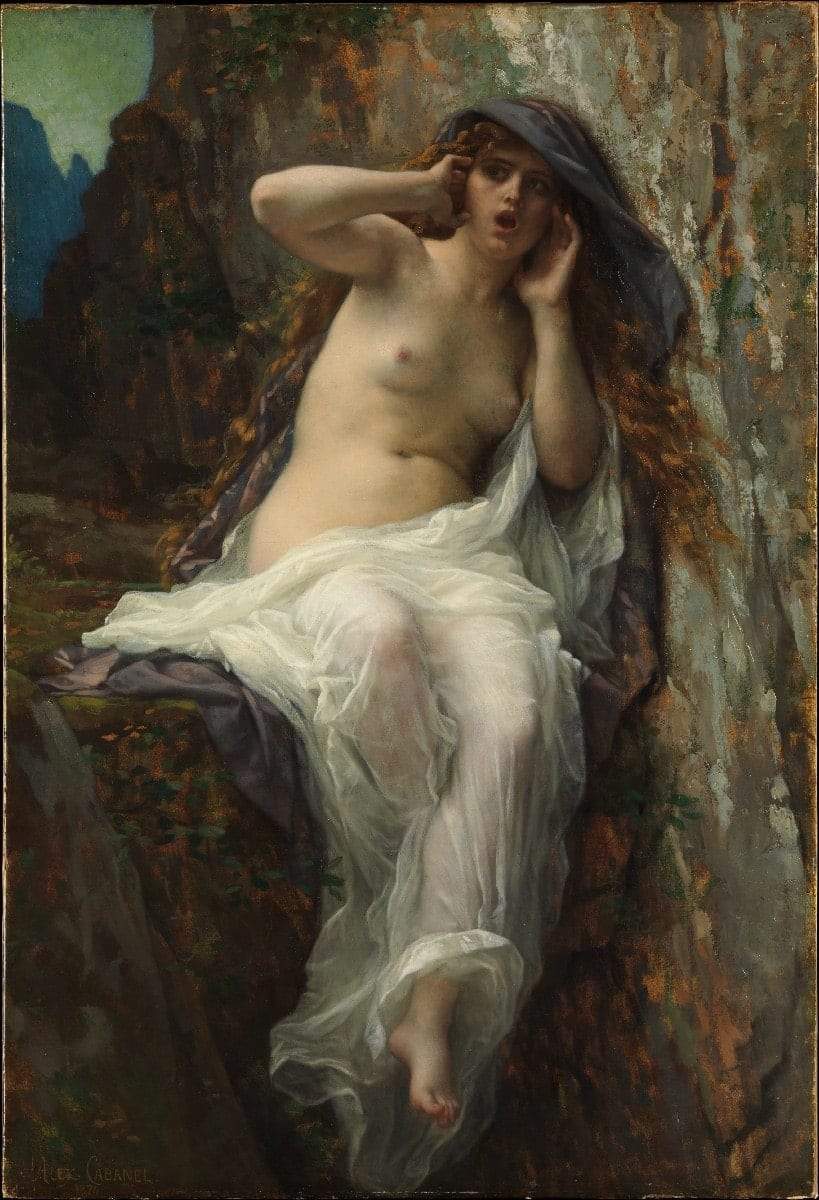
When Liriope saw her son, she could tell that he was beautiful beyond normal. This had become evident to everyone by the time Narcissus had grown up. Men and women attempted to attract his attention and love, but no one really seemed to interest him.
One of the women that fell in love with Narcissus was the nymph Echo (which derives from the Greek word for ‘sound’). Echo was once a woman who enjoyed talking and was known for interrupting others in conversation. However, she did the mistake of helping Zeus, the King of the Greek Olympian gods, in hiding his love affairs from his wife, Hera. Whenever Hera was close to catching Zeus with someone else, Echo disoriented the goddess with long stories giving Zeus time to leave. As soon as Hera realized what Echo was doing, she cursed her to never be able to speak her mind out loud again. Instead, Echo would only be able to repeat the last words spoken by someone else.
Echo And Narcissus Meet
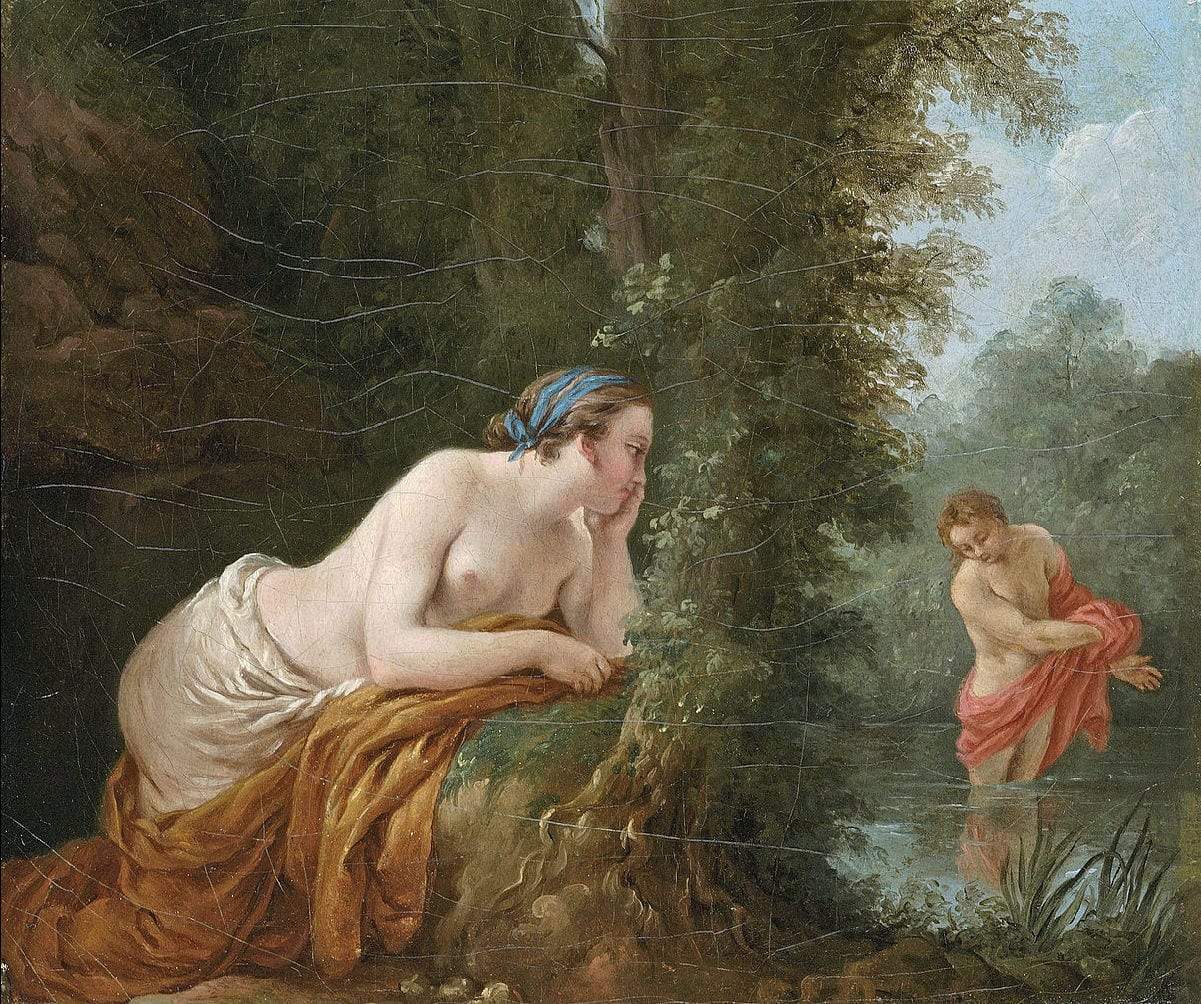
One day, Echo saw Narcissus in the woods and, enchanted by his looks, began spying on him. Echo followed the boy and became more and more attracted to him, but there was one problem. Echo was unable to speak to Narcissus. The only way to let him know of her feelings was to wait for him to say something.
At some point, Narcissus realized that he was being followed.
“Who is here,” he said.
“Here,” repeated Echo, still hidden.
Narcissus, unable to see who called him, invited the voice to come close to him. Echo lost no second and jumped out. She opened her arms and went to embrace Narcissus. However, he was not as enthusiastic:
“Take off your hands! you shall not fold your arms around me. Better death than such a one should ever caress me!”
“Caress me”, Echo replied reluctantly in shock and disappeared into the woods again.
Echo’s End

Echo ran into the forest with tears in her eyes. The rejection was too much, too cruel to handle. The love that she had felt for Narcissus was so intense and so obsessive that Echo could not accept the way he had treated her and decided to live alone in the wilderness. However, the thought of her rejection kept coming back. In the end, her feelings were so intense that her body withered away, and the only thing left behind were her bones and voice. Echo’s voice kept living in the woods, and the hills are the place where she can still be heard.
Nevertheless, Echo’s tragic end did not go unnoticed. Since she was very popular with the other Nymphs and creatures of the forest, many were angered with Narcissus, who caused her so much unnecessary suffering.
Nemesis, the goddess of Revenge, heard the voices calling for revenge from the forest and decided to help.
Narcissus Meets Himself
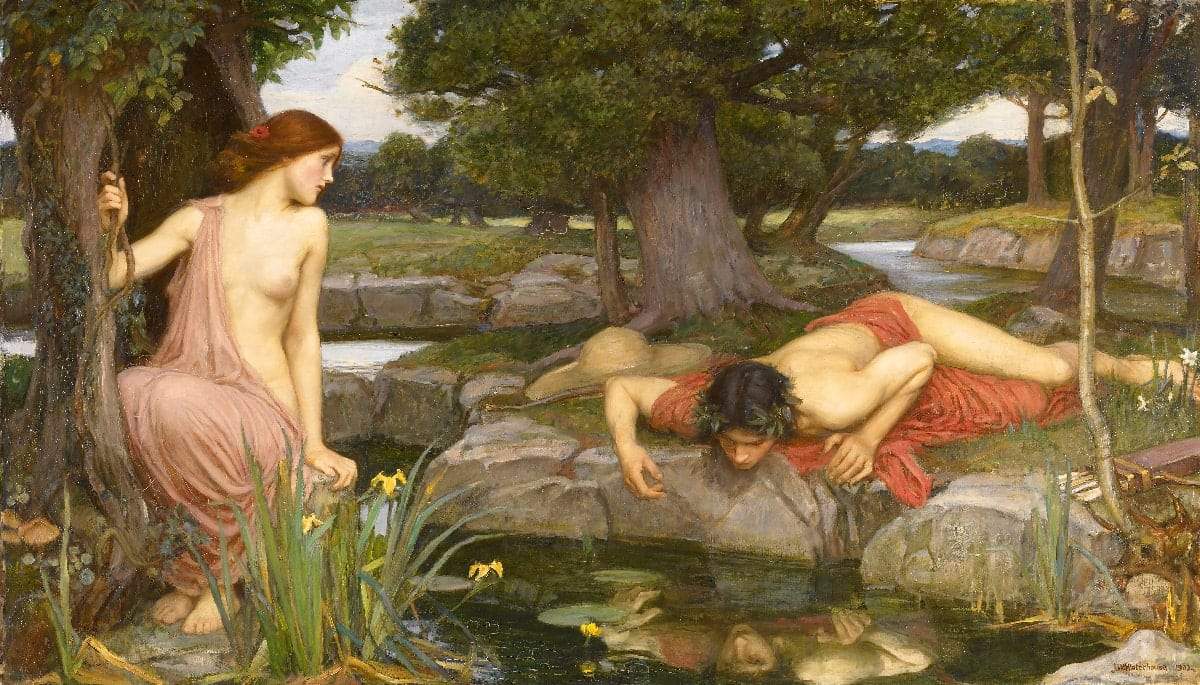
Nemesis attracted Narcissus to a spring with crystal clear and calm waters. Narcissus, tired of hunting, decided to take a break and drink some water. As he drank from the spring, he began noticing the calm waters. In the natural mirror, he saw his face clearer than ever before. The more water he drank, the more he stared at his own image. Surprise turned into marvel, marvel into love, and love into an obsession. Narcissus was unable to move. His image had completely neutralized him as he was burning with desire for the person he saw in the water of the spring.
“All that is lovely in himself he loves, and in his witless way he wants himself: —he who approves is equally approved; he seeks, is sought, he burns and he is burnt. And how he kisses the deceitful fount; and how he thrusts his arms to catch the neck that’s pictured in the middle of the stream! Yet never may he wreathe his arms around that image of himself.” Ovid, Metamorphoses
In vain, he tried to embrace the idol only to realize that the reflection in the calm water was none other than himself. If he left, he would lose sight of his only love, and so he begins to panic at the realization that love may be out of his reach for good.
Obsession Takes Over
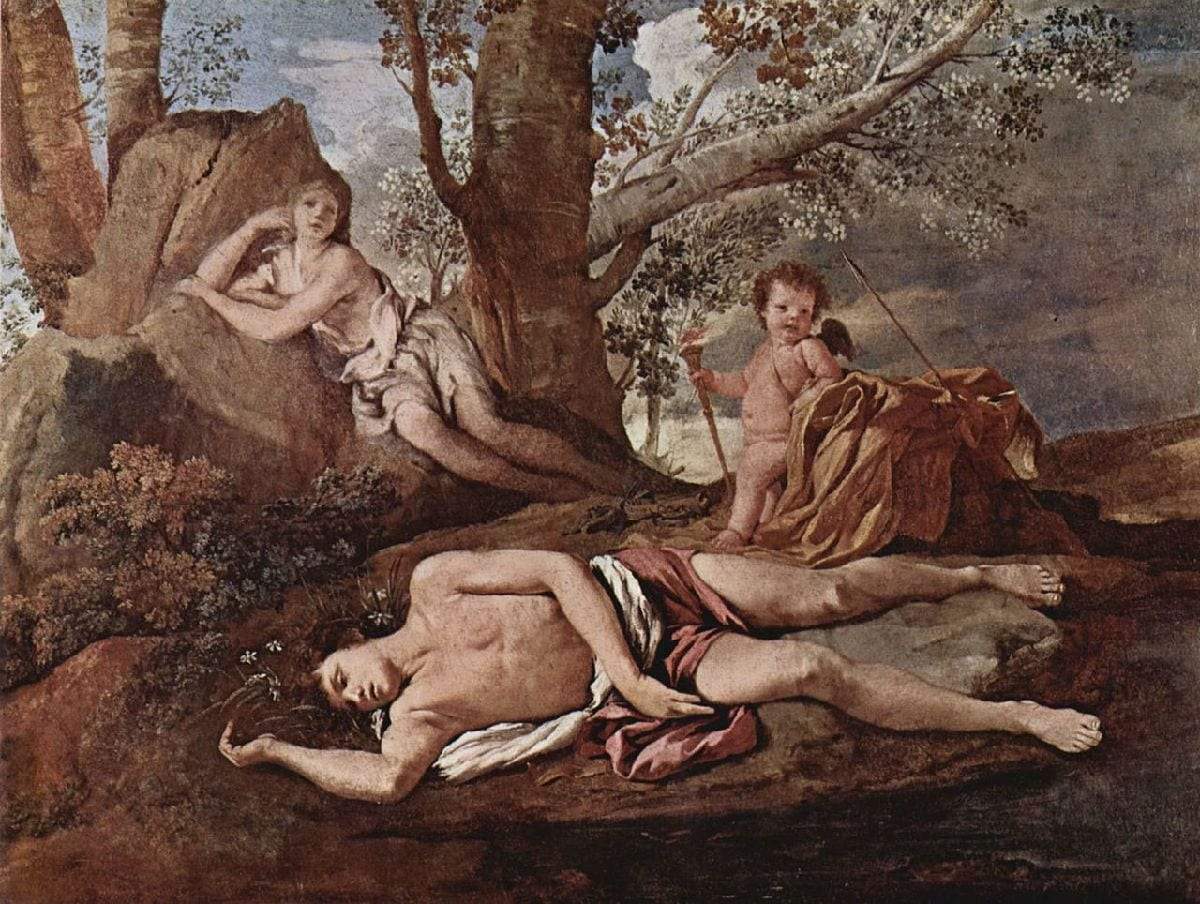
“Nor food nor rest can draw him thence—outstretched upon the overshadowed green, his eyes fixed on the mirrored image never may know their longings satisfied, and by their sight he is himself undone.”Ovid, Metamorphoses
Narcissus began realizing that he was beyond his reach and slowly arrived at the painful understanding of his tragic fate. Still, he was unable to control his feelings and tame his desire:
“Oh, I am tortured by a strange desire unknown to me before, for I would fain put off this mortal form; which only means I wish the object of my love away. Grief saps my strength, the sands of life are run, and in my early youth am I cut off; but death is not my bane—it ends my woe.—I would not death for this that is my love, as two united in a single soul would die as one.” Ovid, Metamorphoses
The tiniest ripple in the water caused Narcissus to panic as the water mirror was disturbed, and he thought that his image would leave him.
After finally accepting the futility of his attempts, Narcissus lost the will to live and reluctantly said, “Farewell.” Echo, who had been watching, returned his words like a whisper: “Farewell.”
Narcissus laid down on the grass, and life began abandoning his body as his obsessive love turned into existential despair. The next day in the place where Narcissus had laid down, a flower with white petals and yellow core stood. This is known until today as the Narcissus flower.
Now in the Underworld, Narcissus still looks at his reflection in the Stygian waters (one of the rivers of Hades).
Narcissus and Ameinias
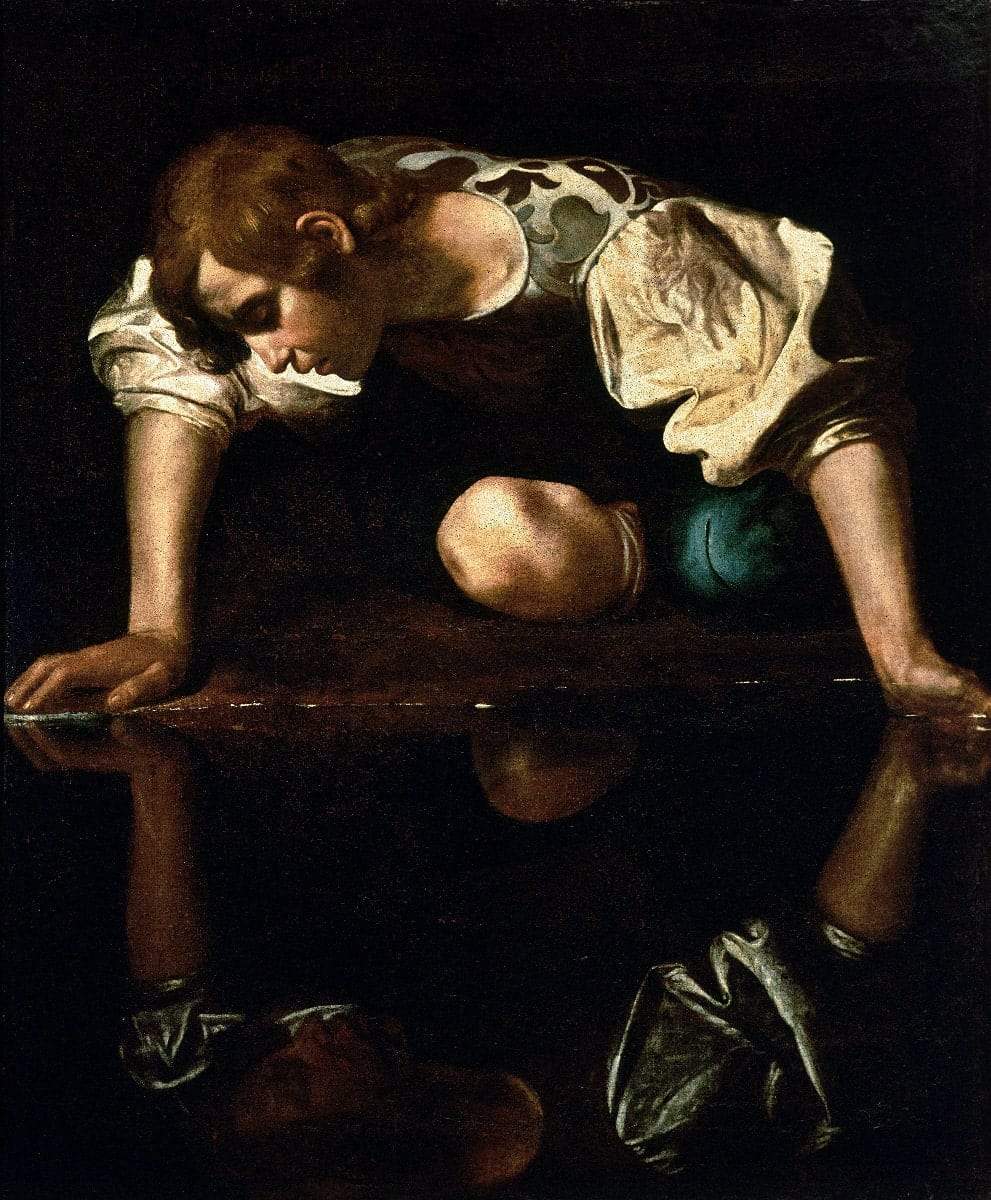
According to Conon, a Greek mythographer who lived between the 1st BCE and 1st CE century, Echo was not the only one who found a tragic end after loving Narcissus. Ameinias was one of the first to actually persistently attempt to win Narcissus’ love. The latter rejected Ameinias and send him a sword. Ameinias used this sword to take his own life at Narcissus’ doorstep while asking Nemesis to avenge him. Nemesis then lured Narcissus to a spring causing him to fall in love with himself.
Alternative Versions Of The Myth
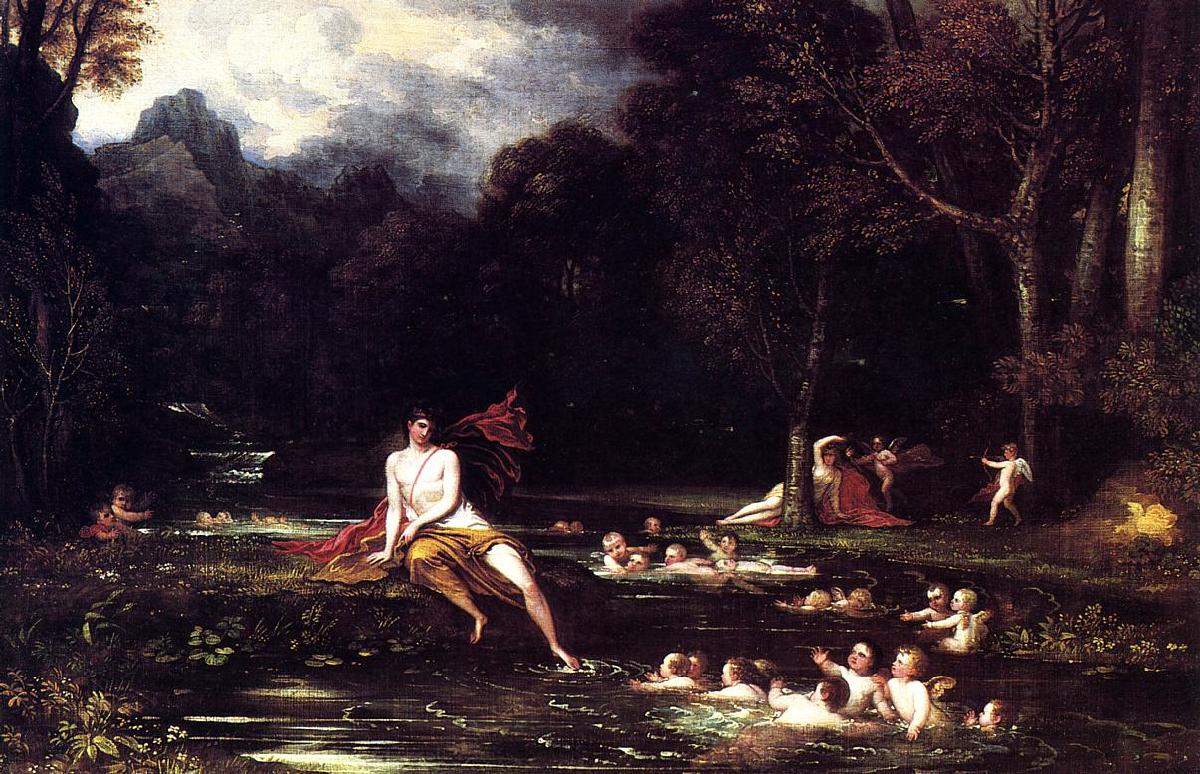
Let’s take a look at a few alternative versions of Echo and Narcissus’ myth.
According to Parthenius of Nicaea, Narcissus did not transform into a flower after losing the will to live. Instead, Parthenius presents a version in which the myth ends with Narcissus taking his own life.
Pausanias also presents an alternative version in which Narcissus has a twin sister. They were looking exactly the same, wore the same clothes, and hunted together. Narcissus was madly in love with his sister, and after she died, he visited the spring to look at his reflection and cheat himself into thinking that the reflection was his sister.
According to Longus, a Greek novelist of the 2nd century CE, Echo lived among the nymphs who taught her to sing. As she grew, her voice became more and more beautiful until she could sing better than even the gods. The great god Pan could not accept a mere nymph singing better than him, so he punished her. Pan drove animals and humans around Echo mad. In their frenzy, they ate the nymph. Echo’s voice was then scattered across the world carried by the animals and humans that had consumed her. In the end, Gaia (Earth goddess) hid Echo’s voice within herself. Echo’s punishment in this case is reminiscent of Arachne, who was also punished by Athena for surpassing the goddess in the art of weaving.
Echo and Narcissus’ Myth Reception
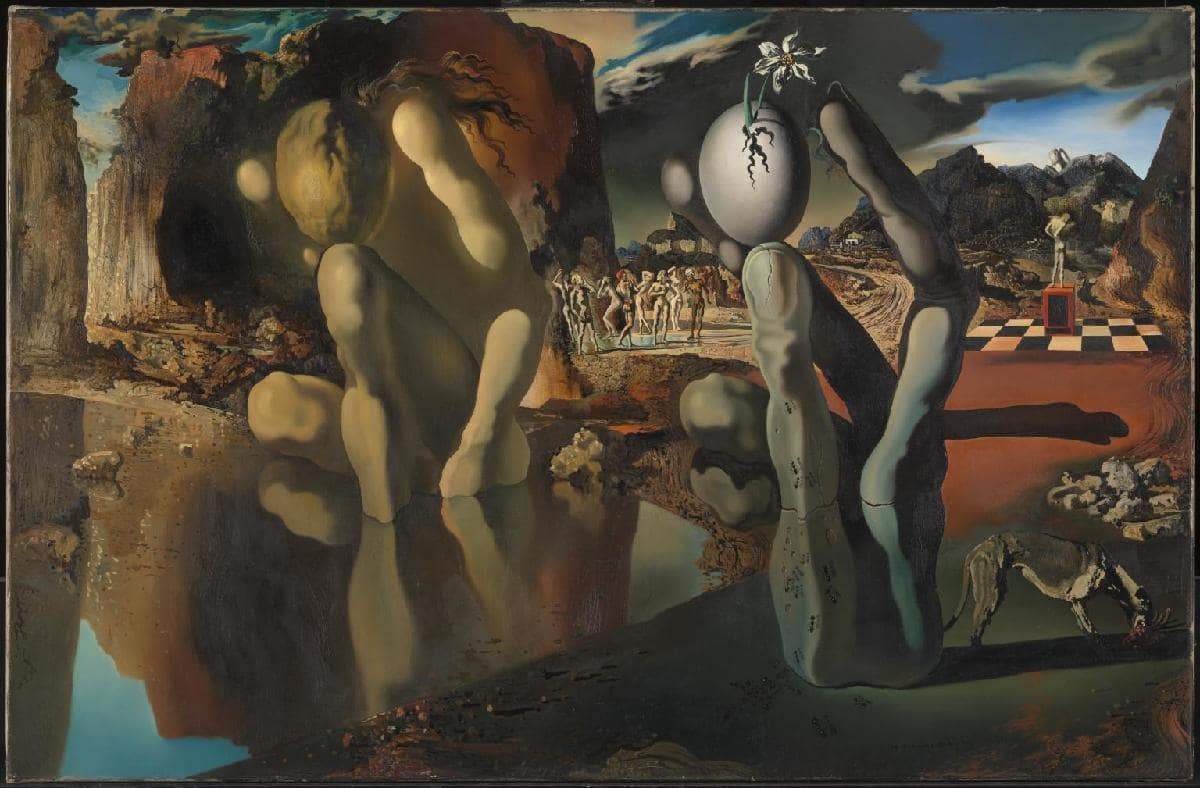
Echo’s and Narcissus’ myth has been especially popular in art throughout the centuries. It is difficult to keep track of all the artworks that have been inspired by the story. From Medieval retellings like the 12th century, Lay of Narcissus to Herman Hesse’s Narcissus and Goldmund (1930), the story has continued to fascinate and inspire.
An important part in the reception of the myth also played psychoanalysis and, more specifically, Sigmund Freud’s 1914 essay On Narcissism. There, Freud described the condition of excessive selfishness and standardized the name narcissism, derived from Narcissus, to describe a stage between autoerotism and object-love.
Echo and Narcissus chose death or, rather, nothingness after being seriously heart-broken. However, while Echo lost the will to live after being turned down by someone else, Narcissus chose to abandon life after realizing that he was unable to love anyone else other than himself. If we think about it carefully, Narcissus’ myth is not about a boy who loved his reflection in the water. It is about a boy’s inadequacy to love others outside than himself. Above all, the transformation stories of both Echo and Narcissus can be read as a warning that love and obsession often lie closer than we think.
In the age of social media, the term narcissism keeps coming up in our feeds more and more frequently. Narcissus’ myth can remind us that obsessive self-love is not something new and certainly not healthy.
